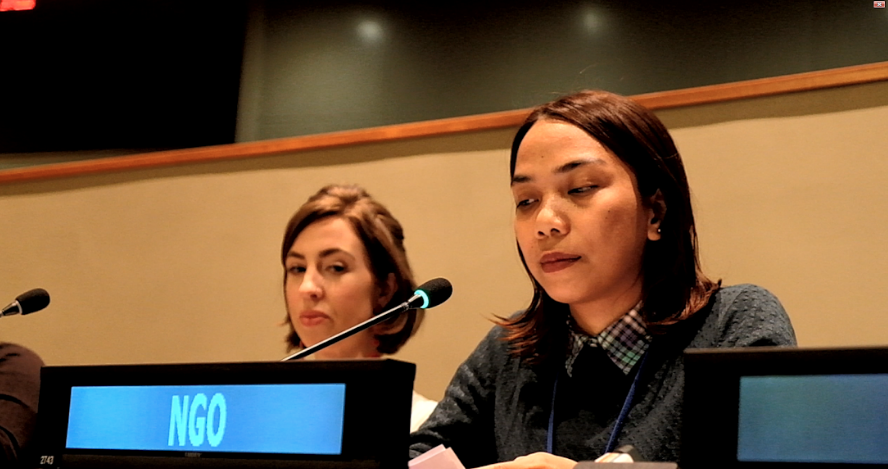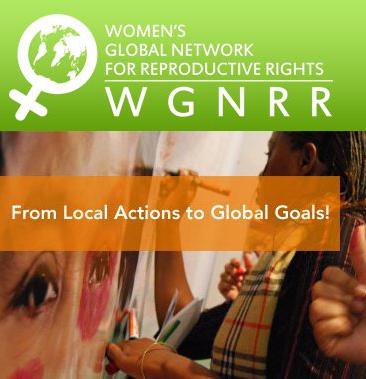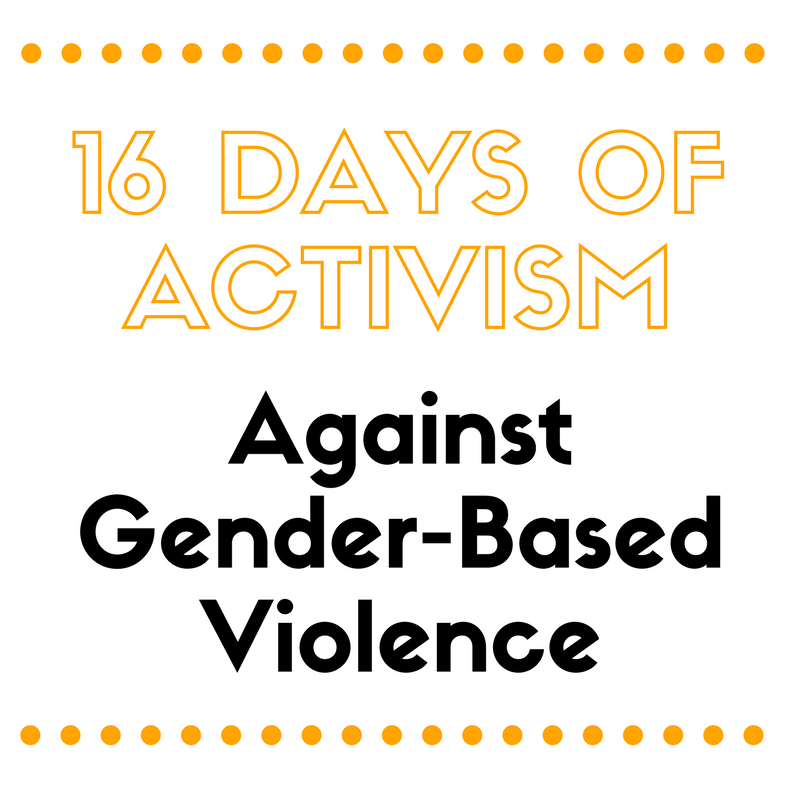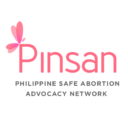ASIA PACIFIC FORUM ON SUSTAINABLE DEVELOPMENT: #APFSD2018 WOMEN’S CONSTITUENCY STATEMENT
Women’s human rights are crucial to achieving Agenda 2030 and sustainable development. The very principles that human rights are indivisible and interconnected must be the foundational guidelines for SDG monitoring and implementation. Asia Pacific women, in all their diversity, understand that the patriarchy manifested in fundamentalisms, neoliberal globalisation, conflicts and militarism is the structural driver of deepening inequalities, and undermines women’s sexual and reproductive health and rights.





